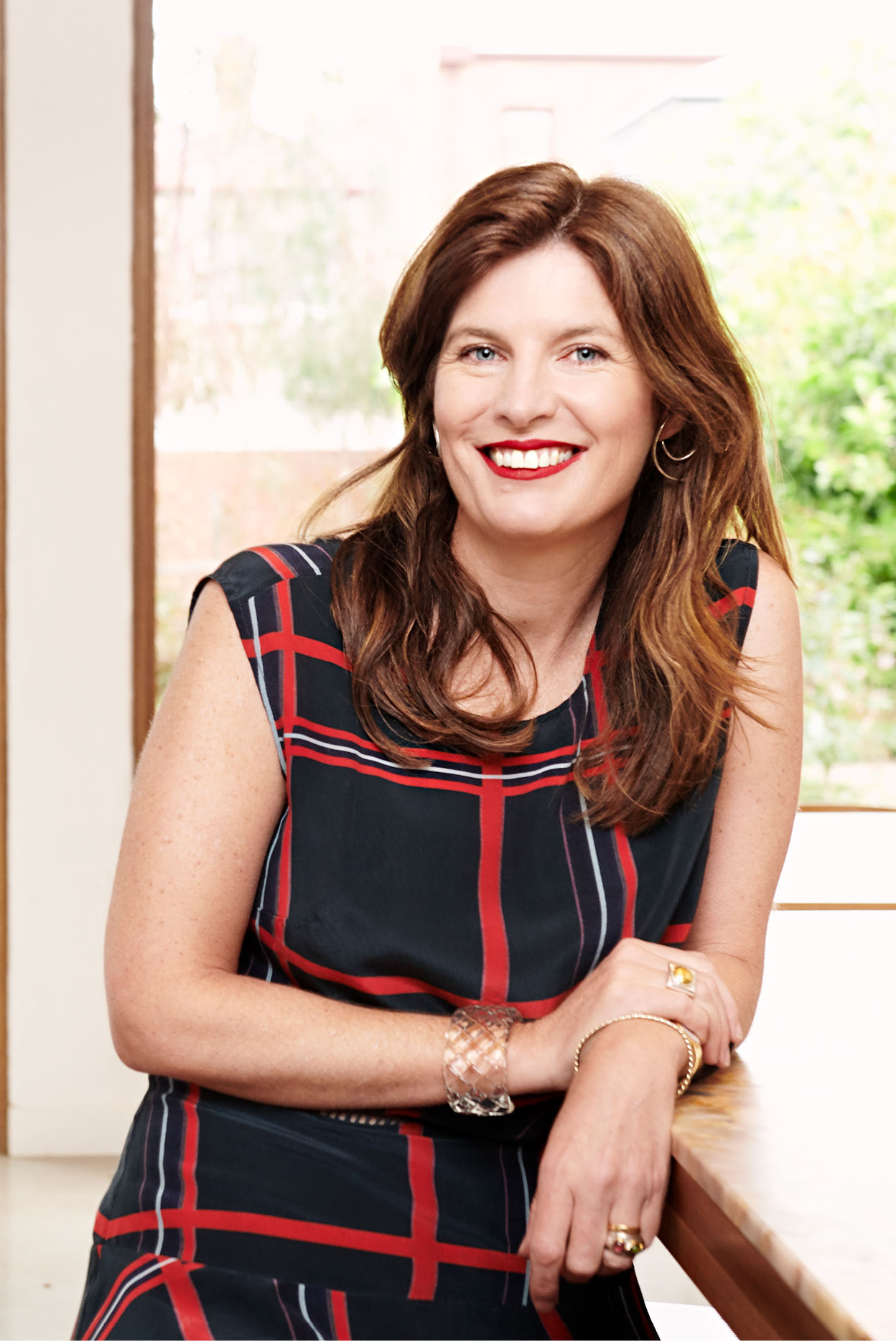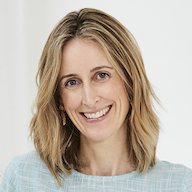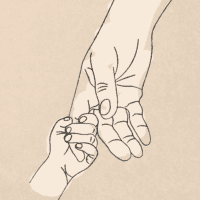When Abigail Forsyth and her brother, Jamie, started KeepCup, they had a clear goal: to reduce the number of takeaway cups their customers were using. The pair ran a successful café, Bluebag, in Melbourne but they’d become increasingly concerned about the environmental consequences of non-recyclable cups. “The amount of packaging that comes with running a food business is crazy,” she says. “But takeaway cups – they’re totally unnecessary.”
Abigail looked for reusable ones, but there was nothing on the market that met her scrupulous barista standards. So she decided to create her own. Ten years on, KeepCup is responsible for pretty much creating a new retail category, employs over 100 people and has saved millions of cardboard cups from landfill.
“It feels pretty good – amazing, really,” she says, with characteristic modesty. Here, she shares some of what she’s learned along the way.
I was down in Bluebag’s kitchen breaking up packaging boxes, as I did every day, when I realised we needed to stop this churn of waste. We were just one small business but we produced so much waste. There had to be a better way. I went to Myer to try to find a cup that we could sell, which would fit under our machine, but I couldn’t find one. So I thought, maybe we should make our own.
I realised early on that the success of the project depended on behaviour change. To do that, you have to paint a really appealing picture of what that change looks like. Ultimately, KeepCup is about enjoying better coffee. It’s a nicer vessel to drink in; it’s more fun and engaging; the coffee tastes better. So it’s not about shaming people, it’s about bringing them on the journey. In terms of climate change, for example, I think there’s a risk the issue is becoming polarised. We need to ask: As a global community, how do we want to live? Do we want fresh air? Animals? Bio-diversity? A nice 40-hour working week?
It’s so important to be transparent with your customers. Our first big order was returned as the lids wouldn’t seal and the cups got too hot to hold. It was a disaster. But I’d been speaking to that customer the whole time, so it didn’t come as a huge shock. They knew it was a new product, they knew it was a prototype and that we’d struggled to make the deadline… because I’d been very transparent, they were willing to stick with us, as they felt they were on the journey, as well. In my experience people will help you if they can.
I’ve always been entrepreneurial. You don’t realise who you are until you see yourself in relation to others. My dad had his own business selling computer ribbons when computers were the size of buildings, and my grandfather was a plumber and a chicken farmer. My family always tells a story that when I was 12 I made sandwiches and sold them at dad’s work, to earn money to buy some roller skates. I was always pretty determined.
An entrepreneur questions the rules. What is this rule trying to achieve? And therefore do I need to comply?
If you believe in something and you’re passionate about it, it will take you places you wouldn’t imagine. I think the reason KeepCup worked was that it addressed a problem that I felt really passionate about solving.
As the company has grown, I’ve had to change my approach. The main challenge has been confidence – confidence to take that next step, confidence to grow the company and to lead it. I’ve had to soften some of my edges, too. I’m always a bit oblivious to how I’m seen, and I’m still not very good at that. And I don’t know if I want to be, either. I was with a girlfriend in the UK recently and she suggested I’d have to make a speech at our UK team’s dinner. I was like, ‘But why?’ It’s much more my style to go round and talk to everyone face-to-face. There’s stepping into what a leader is and does, but doing it in a way that’s true to you.
After the ABC’s War On Waste, where presenter Craig Reucassel mentioned KeepCup throughout the show, our website crashed. Business doubled overnight but it nearly broke us. We had a thousand orders that we couldn’t get out of the door. It was ridiculous. I was in the warehouse packing. And you think, ‘How do I spend my time? Do you go and pack? Do you try to hire new people? How do you climb this mountain?’
I worked seven days a week. One of our team said, “Abbey, all you need to do to pack those cups is get people who have operational arms.” So we had Project Operational Arms, where we were just finding people with operational arms and dragging them in. Then last year we hired a leadership team of five people whose roles hadn’t previously existed in the company. If I could have done it earlier, I would have.
When you work like that, the wheels fall off. My husband booked a holiday for us and the kids to a place where there was no wifi and I slept for 18 hours when I arrived. I was just exhausted. For the last couple of years, my husband has worked part-time and I think if we were both working full-time we couldn’t do it. Maybe you have to take it in turns.
Now, I’ve changed the way I work to look after myself a bit more. I don’t take the computer home a few nights a week and I really try not to work on the weekends, unless I’m just playing around with something on a Sunday afternoon. I reckon for nine years I never took my foot off the accelerator. I would ease it up and ease it down, but I always was a little bit ‘on’. People used to say, “Have a nice weekend!” And I’d think, “What an annoying expression.” But last year I went away with the family for three weeks and I just didn’t do any work, and I found it was harder to switch on and off than just to remain a little bit ‘on’. It’s been a not-very-nice surprise. But I do really love what I do.
The big change I’d like to see is a ban on single-use plastics.
A small change I’ve made recently is to plant some trees.










No Comments